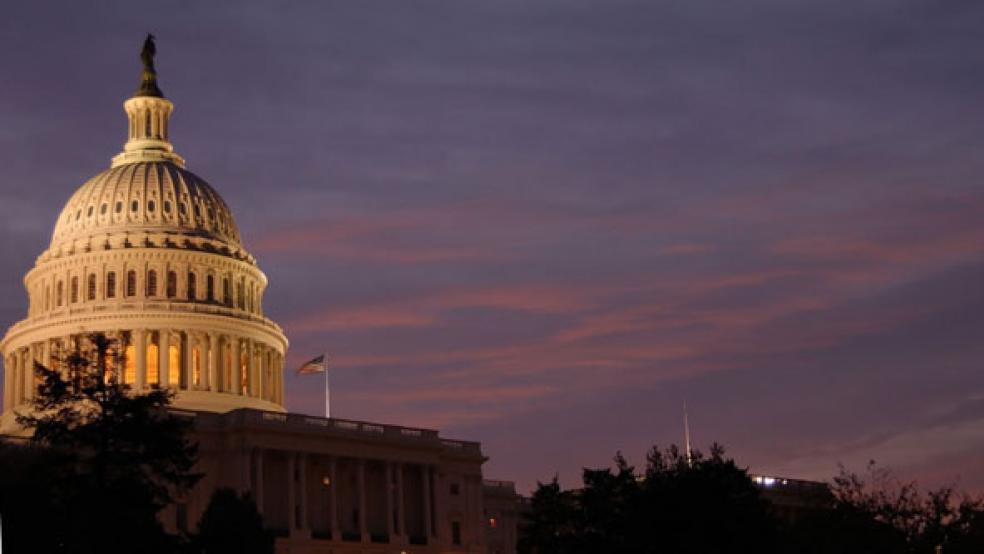The House will vote the week of November 18 on a short-term spending bill intended to avert a government shutdown later that week, House Majority Leader Steny Hoyer (D-MD) said in a letter to colleagues on Friday.
A stopgap spending bill passed in September is set to expire on November 21, and lawmakers have struggled to make progress on top-line funding allocations and the 12 required annual appropriations bills, making another short-term extension necessary. The House has passed 10 of the 12 spending bills, and the Senate has passed four, but the two chambers have not yet worked out the differences in those bills.
House and Senate appropriators are reportedly set to meet next Tuesday to resume their negotiations, with lawmakers expressing optimism that the process is moving forward.
Hoyer did not specify how long the new stopgap would last, but congressional leaders and the White House are reportedly eyeing a deadline of December 13 or 20. House Speaker Nancy Pelosi and Senate Majority Leader Mitch McConnell have reportedly agreed to a goal of passing all 12 spending bills before the end of the year. “I remain hopeful that we can finish our work and fully fund the government before the end of the year,” Hoyer said in his letter.
Those hopes might be helped by a reported change of heart on border funding demands from the White House. As Roll Call reported earlier this week:
“The Trump administration is backing off its demand for $8.6 billion in fiscal 2020 border wall spending in negotiations with top congressional leaders and appropriators, according to a source familiar with the talks.
“That’s not just a recognition of reality — Congress hasn’t appropriated more than $1.375 billion for the wall in each of the past two fiscal years. It also reflects a realization that the administration risks losing a substantial boost in military spending and other GOP priorities if current stopgap funds end up extended for the entire fiscal year.”





